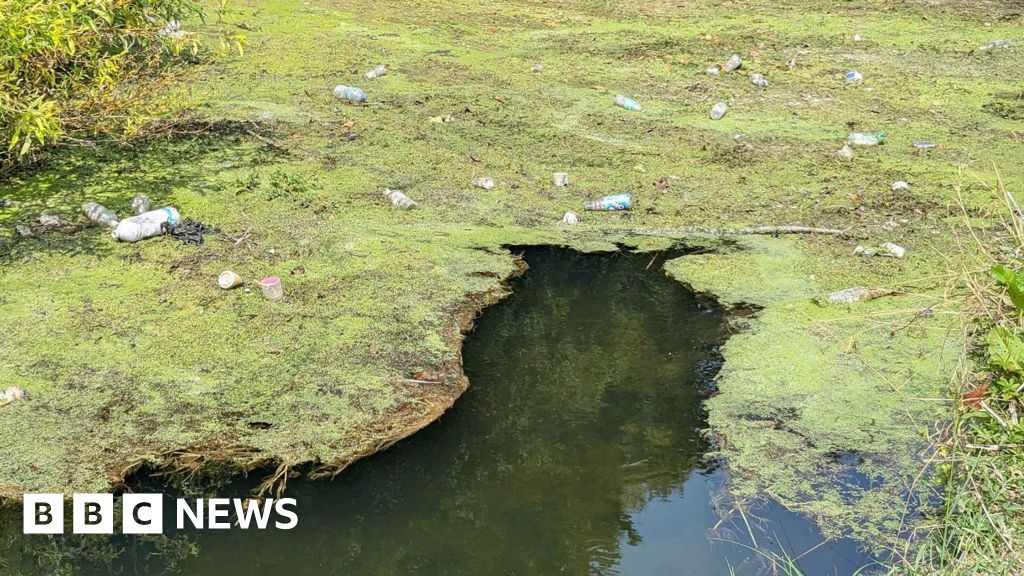ARTICLE AD BOX
By Pallab Ghosh
Science correspondent
Image source, Getty Images
Image caption, Boris Johnson has pledged to make the UK a science superpowerThe chancellor will increase science spending to £20bn a year by 2024 - £2bn less than he pledged in 2020.
The boost was announced in the Budget, announced by Rishi Sunak on Wednesday.
There is some disappointment among many scientific leaders - but the commitment to sustained additional investment has been welcomed by some.
The President of the UK's Royal Society, Prof Sir Adrian Smith, told BBC news that the announcement sent out a positive signal.
"It is not absolutely ideal. But we are grown-ups. There are real pressures on the economy, but the government is saying that it really does recognise that R&D [research and development] is absolutely vital," he said.
Although the chancellor's increase is less many had hoped for, it is more than some had feared. Last week, those negotiating with the Treasury told BBC News they were getting clear signals that the commitment to increase spending to £22bn a year would be kicked into the long grass.
Scientific and business leaders lobbied hard, arguing that a long deferral of scientific investment would mean that other countries, which are investing more in research, would overtake the UK.
Those sources say that the Mr Sunak seems to have listened to those arguments. The chancellor said that the commitment of £22bn would be pushed back by two years to 2026. But that will be after the next General Election, when someone else might have Mr Sunak's job - and take a different view.
Sizable increase
But the Chancellor has promised to deliver what has been described as a sizeable increase of around £5bn before the end of this Parliament. That's a 33% increase on top of the current research budget of £15bn a year. What is notable is that the bulk of the increase will come in 2023, so a large amount of the additional funding for science is not that far away.
Some £2bn of that increase is for membership of the EU's collaborative research programme, Horizon Europe. BBC News reported earlier this week that the UK's access to the programme was being used as a bargaining chip in wider negotiations with the EU over the status of Northern Ireland.
Now that the money has been allocated to the science budget, research leaders have a clear choice between spending it on membership fees or on doing more science. The Treasury itself is understood to feel that spending money on Horizon Europe is an inefficient use of funds but will leave the decision to the scientific community.
Sir Jeremy Farrar, who is director of the Wellcome Trust, believes that, given the financial pressures the chancellor faces, this is not a bad settlement.
"We welcome the government's ongoing commitment to making the UK a science superpower. But it will need to continue to increase investment in science to catch up with other leading science nations. The UK's investment in R&D as a proportion of GDP lags behind the OECD average, and it will take time to change that," he said.
Scientific and business leaders say that the most important aspect of the science settlement is that they now have a firm timetable and an upward trajectory for science spending. According to the president of the Royal Academy of Engineering, Prof Sir Jim McDonald, that sends out a clear message to the private sector thinking of investing in research and to overseas scientists and businesses thinking of coming to Britain.
"The comprehensive package of investment for R&D announced today gives much needed confidence to businesses that the UK is a great place to invest. The measures outlined by the chancellor today will stimulate innovation for a better, faster and more resilient recovery."
Follow Pallab on Twitter.

 3 years ago
64
3 years ago
64








 English (US) ·
English (US) ·